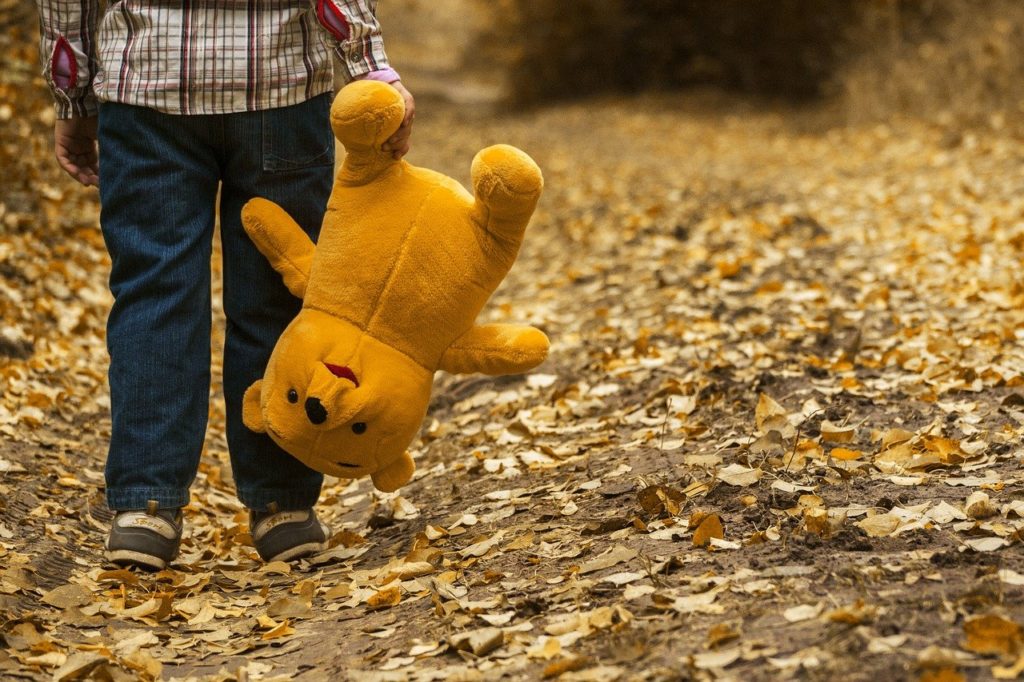We teach our kids to say sorry when they do something wrong. We expect them to apologize before they can make up with their siblings. We ask them to forgive others who apologize to them. But when these same kids say sorry to us parents in a heated moment, do we respond in the same way?
I’ll be candid with you. There are times when my husband and I are overcome with disappointment or anger over their indiscretion, which makes it hard to forgive them at that very moment. Emotions are tricky and, if not controlled, they can make or break our responses to circumstances. There have been times when my kids will apologize first, and I will not accept it right away because I am too furious or upset. And let’s face it – this is bound to happen no matter how hard you try to be forgiving in that instant. Teaching kids to apologize is easy, but teaching forgiveness is hard.
The good news is that our little children are much more forgiving than us, and we can redeem ourselves because of their grace. My 6-year-old gets very upset when her brother disrupts her or calls her names, but she instantly forgives him when she here’s the magic words “I’m sorry.” Other times, when I have apologized to her for snapping or yelling, she will forgive me without a discussion. Maybe it’s time for us to learn a few lessons from our kids.
We must remember that children have no ulterior motives for their actions. But they do have needs, and we need to pay attention to what triggers their behaviors. So let us instead respond with forgiveness and deal with the reason behind the action. How do we do this?
I know I’ve written a lot about intentional parenting, and I hope you do not find this topic redundant. But the first thing to do is to be deliberate in setting the right example. When you find yourself getting upset, take a moment to assess your emotions. If you feel yourself breathing hard, and raising your voice, know that your reaction’s outcome will only leave you feeling guilty. Second, take a time out. This step is essential in taking control. Third, use calming methods, such as taking deep breaths, counting down, taking a walk, etc. Lastly, when you have controlled your emotion, sit down with your child and identify their need. Don’t forget to apologize or forgive. You will leave your child feeling calm, consoled, and loved.
How do you respond to your child in moments like these?



